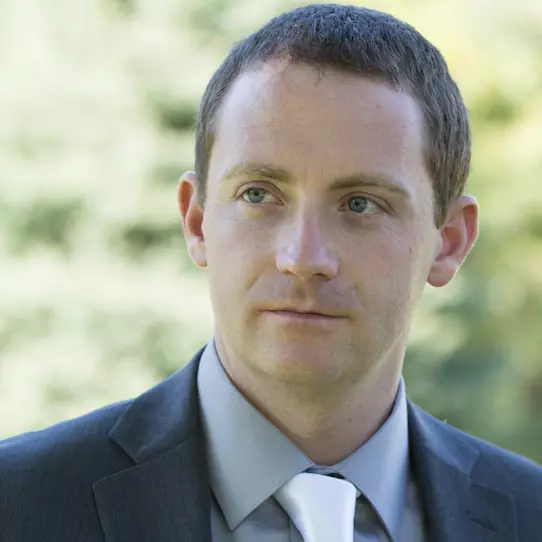David Fedewa is the founder of Invent Tribe, where he’ll show ya how to turn your simple ideas into passive income. Quick story. Back around 2010, David was out on a boat celebrating 4th of July. They were tipping a few back when he got this great idea on how to keep beers colder, faster. The next day, when he sobers up, he remembers his great idea, does some market research. Where does this thing fit in the marketplace—or does it? he wondered.
“And once I looked into it, I realized that there is a place for this,” David recalls. “And I found that there is a market for it. And that’s one step that a lot of inventors don’t take. They think of something, they go, ‘Hey, this is innovative.’ Right? That’s step one. But step number two is, is there a place in the marketplace for it? Are there companies to pitch it to? And so once I did that, I found out, it’s not out there. Alright, so then I determined there was in fact some demand for it.”
“So then I thought, you know, this could get a licensing deal,” he continues. “And so from there, I created marketing material. It was a sell sheet [which is a physical version of an elevator pitch, more or less] and also a video. And then I went out and pitched to companies. And I’m giving you the very shortened down version of this, right? This actually took a little over a year to do, but I’m kind of compacting it down. Anyways, I went out and pitched it and I got a company interested. They were excited.”
“They called me back, they said, ‘Dave, we can do something with this.’ And so once we negotiated a deal, put something together, the product then launched and I started getting royalties. And that’s something I’ve been getting royalties from since, I think we signed the deal in late 2013 or early 2014. I still get checks today on it. And I have another project, just last month I got a $73,000 check on. And the reason I tell you that is because this process is powerful, right?”

Come up with an idea. Do your due diligence. If you think it’s a go, whip up some marketing material. Start pitching. Work out a deal. Sit back and collect checks. Did I miss anything, David? Yes, patents, he says. Apply for those before you start pitching, but just know, once you get a deal, that company’s probably gonna pick up the tab for the utility patent. You might just have to cover the provisional. By the way, don’t be scared—you’ll learn the industry jargon as you go, David adds.
When he closed that first deal, he was literally waiting tables for a living. The CEO of the company David partnered with called him during one of his shifts to tell him everything looked good, it was a go, and oh, by the way, I just wired you $10 grand. Meanwhile, David’s running ketchup and ranch out to tables, knocking over Cokes, trying to play it cool like it’s no big deal. Moral of the story? If an average dude like him can do it, so can you. Especially now that he’s done it five times over and he’s willing to mentor you.
“This works,” he finishes with. “And it works with a lot of different products. I’ve already coached over 180 people to get their products licensed through this process. And those are industries from medical device to manufacturing process, barbecue spatulas, houseware, homeware, hardware [all the wares, apparently], toys, all these different categories that uses the same process to get products licensed. And so, if you’re interested in learning more, book a call with us.” No mention of cost.

